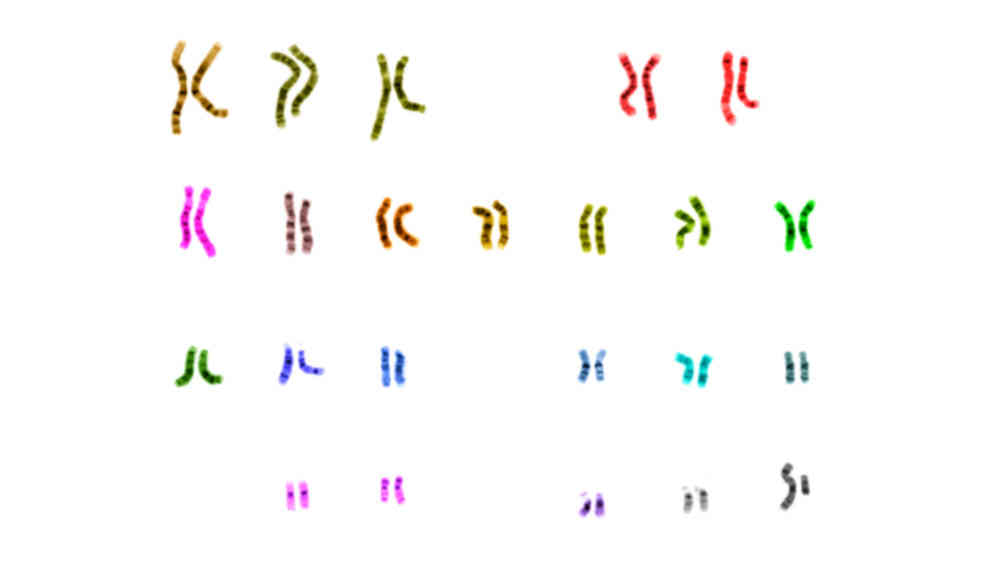Poverty in childhood can have long-lasting effects on a person’s health, according to a recent study by Northwestern University in Evanston. The study, which examined the epigenome of nearly 500 young men in the Philippines who grew up in poverty, found that poverty can leave marks on the epigenome that may negatively impact health even in adulthood. The epigenome refers to the chemical modifications to DNA that can affect gene expression. The study found that there were differences in methylation, a type of epigenetic modification, at 2546 locations in the genome between those who grew up in poverty and those who grew up in middle-class families. These differences affected 1537 genes, many of which are involved in immune function, skeletal development, and nervous system development.
Previous studies have shown that poverty can have negative effects on health, including an increased risk of diseases such as diabetes, obesity, heart attacks, and strokes, as well as mental health issues such as depression. However, the mechanisms behind these effects have not been well understood. This study sheds light on one possible mechanism: poverty can leave marks on the epigenome that may affect gene expression and, in turn, physiological processes.
The study’s lead author, Thomas McDade, notes that the findings suggest that “poverty gets under the skin” and can have long-lasting effects on health. Further research is needed to understand the specific physiological effects of the epigenetic modifications observed in this study. However, the study highlights the importance of addressing poverty as a public health issue, as it can have far-reaching effects on individuals and communities.










